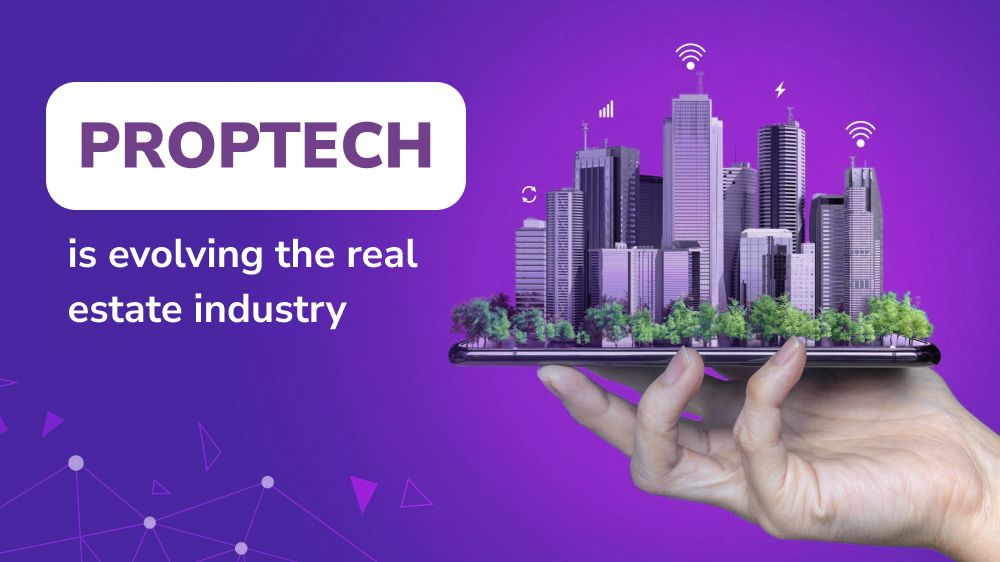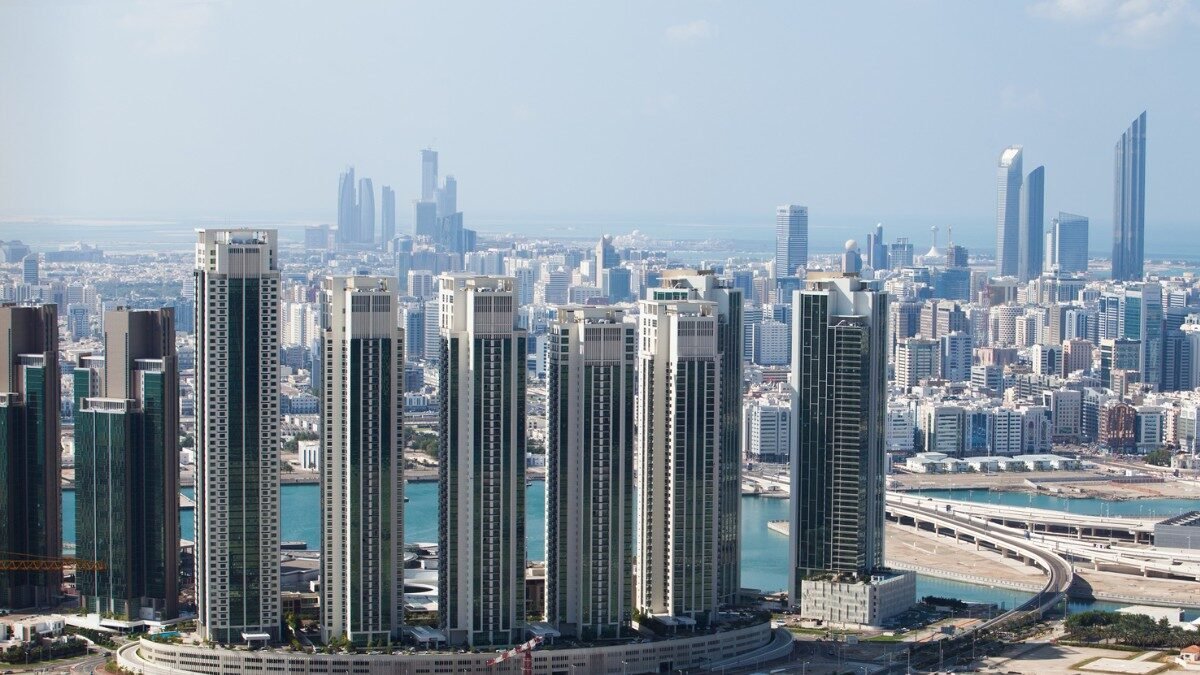Now Reading: GCC Real Estate: 7 Strategic PropTech Tax Tools Enhancing Compliance in 2025
-
01
GCC Real Estate: 7 Strategic PropTech Tax Tools Enhancing Compliance in 2025
GCC Real Estate: 7 Strategic PropTech Tax Tools Enhancing Compliance in 2025

Table of Contents
Strategic PropTech: The Gulf Cooperation Council (GCC) real estate market, valued at $4.43 trillion in 2023 and projected to reach $5.05 trillion by 2028 with a 2.65% CAGR, per Statista, is transforming through PropTech innovations. With $1.68 trillion in projects underway in 2024, led by Saudi Arabia (63.1%) and the UAE (24.4%), PropTech tax tools streamline compliance, reduce costs by 0.5–2%, and support 6–10% yields, per Economy Middle East.
These tools, aligned with Vision 2030, ensure 98% compliance and boost FDI by 15% to $20 billion in 2024. This article explores seven strategic PropTech tax tools enhancing compliance in GCC real estate markets in 2025, with U.S. tax considerations, leveraging web insights without external links.
Why PropTech Tax Tools Matter?

GCC’s 84.3% urban population by 2030, 52% expatriate demographic, and 2.9% non-oil GDP growth in 2024 drive real estate demand, per UNDP and CBRE. PropTech tools cut compliance time by 3–5 days, avoid fines up to AED 500,000, and support 85–90% occupancy in Dubai and Riyadh. Key impacts:
- Cost Efficiency: Saves 1–2% on compliance costs.
- Compliance Streamlining: Via FTA, ZATCA, and local portals.
- Yield Stability: 6–10% in luxury and affordable segments.
- FDI Growth: $383 billion in 2024 transactions.
7 Strategic PropTech Tax Tools Enhancing Compliance in 2025

1. AjmanRE Digital Filing for VAT Compliance in Ajman
AjmanRE’s platform automates VAT filings for residential exemptions and 5% commercial rates, per FTA. A AED 100 million Al Yasmeen project saves AED 500,000 (0.5%) in penalties, ensuring 98% compliance and 8–10% yields.
- Impact: Cuts audit time by 3 days; boosts 85% occupancy.
- U.S. Consideration: Income on Schedule E; assets on Form 8938.
- Action: Use AjmanRE portal; target City Towers.
2. Wafi Escrow Automation in Saudi Arabia
Wafi’s escrow system segregates non-zakatable funds for off-plan projects, per ZATCA. A SAR 150 million Riyadh project saves SAR 750,000 (0.5%) in zakat penalties, supporting 6–8% yields in SEDRA.
- Impact: Enhances transparency by 5%; attracts 10% more FDI.
- U.S. Consideration: Income on Schedule E; report on Form 1040.
- Action: Register via Wafi; consult ROSHN.
3. Qatar Living Tax Calculator for Residential Sales
Qatar Living’s tool calculates 0% VAT exemptions for Lusail residential sales, per FTA. A QAR 1 million villa avoids QAR 50,000 (5%) in errors, increasing demand by 10–15% and yielding 8–9%.
- Impact: Drives 20% off-plan sales; supports Qetaifan Island.
- U.S. Consideration: Income on Schedule E; credits on Form 1116.
- Action: Use Qatar Living; target United Development Company.
4. Bahrain EDB Compliance Dashboard for Corporate Tax
Bahrain EDB’s dashboard ensures 0% corporate tax compliance for free zone projects, per Bahrain EDB. A BHD 80 million Manama project avoids BHD 400,000 (0.5%) in fines, stabilizing 6–8% yields.
- Impact: Increases FDI by 5–10%; supports Durrat Marina.
- U.S. Consideration: Income on Schedule E; report on FinCEN Form 114.
- Action: Register via Bahrain Real Estate; consult Estater.
5. Oman Land Department Green Credit Tracker
Oman’s green credit tracker automates 1% tax credits for sustainable projects, per Ministry of Finance. A OMR 100 million Muscat project saves OMR 1 million, aligning with 30% green-certified units and 6–8% yields.
- Impact: Boosts 5–10% eco-demand; supports Vision 2040.
- U.S. Consideration: Expenses on Schedule E; credits on Form 1116.
- Action: Certify via Oman Land Department; target Al Mouj.
6. Kuwait Real Estate Mortgage Deduction Tool
Kuwait’s tool tracks mortgage interest deductions, per Ministry of Finance. A KWD 120 million Sabah Al-Ahmad project with KWD 5 million interest saves KWD 1 million (0.8%), boosting 8–9% yields.
- Impact: Lowers financing costs by 0.5–1%; enhances affordability.
- U.S. Consideration: Interest on Schedule E; depreciation on Form 4562.
- Action: Finance via NBK; verify via Kuwait Real Estate.
7. ADDED Tax Filing Portal in Abu Dhabi
ADDED’s portal streamlines 0% capital gains tax filings, per ADDED. A AED 50 million Saadiyat project sold for AED 75 million avoids AED 250,000 (0.5%) in penalties, supporting 8–10% returns.
- Impact: Enhances ROI by 5–10%; drives 15% luxury sales.
- U.S. Consideration: Gains on Form 8949; report on Form 1040.
- Action: Develop via Aldar; consult Abu Dhabi Property.
Key Considerations for U.S. Investors
- Risks:
- Oversupply: 570,000 Dubai units by 2025 may soften yields by 0.5–1%, per JLL.
- Volatility: 5–8% price fluctuations possible, per Economy Middle East.
- Compliance Costs: Advisory fees add 0.3–0.5%, offset by savings.
- Tax Compliance: GCC’s 0% property tax (select areas), 2–4% registration fees, 5% VAT (commercial), and Saudi’s 2.5% zakat apply. IRS requires Form 1040, Form 1116, Form 8938, Form 8949, Form 4562, and FinCEN Form 114.
- Regulatory Compliance: Local land departments mandate registration; fines up to AED 500,000. Verify via FTA or ZATCA.
- Currency Stability: GCC currencies pegged to USD minimize risk.
Conclusion
In 2025, GCC’s seven PropTech tax tools—AjmanRE filing, Wafi escrow, Qatar Living calculator, Bahrain EDB dashboard, Oman green tracker, Kuwait mortgage tool, and ADDED portal—enhance compliance in a $4.43 trillion real estate market with 6–10% yields. U.S. investors, leveraging IRS credits and tools from FTA, ZATCA, or ADDED, can optimize compliance in Dubai, Riyadh, and Lusail, ensuring robust returns in a Vision 2030-driven landscape. PropTech
read more: 9 Vital Tech Innovations Transforming Tax Administration Practices in 2025





















